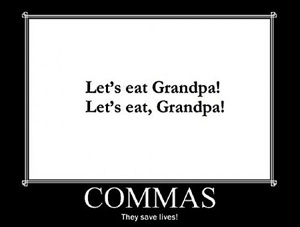 Last week, Kyle Wiens wrote a post for Harvard Business Review that unleashed a torrent of comments (724, at last count).
Last week, Kyle Wiens wrote a post for Harvard Business Review that unleashed a torrent of comments (724, at last count).
Kyle runs iFixIt and Dozuki. He hires a lot of people. He gives every single one of them a grammar test. For him, it’s a litmus of a candidate’s attention to detail. If you don’t pass the test, you don’t get hired.
This approach wouldn’t work for everyone, Wiens admits, but it works for him and, boy howdy, did people have opinions about his approach.
Most didn’t disagree that grammar is a pretty good proxy for attention to detail. What bugged them was that, in their opinion, Wiens didn’t use good grammar in the article itself. Nor syntax. And his word choices weren’t always up to snuff. None of these things are earth-shattering. Irksome, perhaps, but not huge deals in the Grand Scheme of Things.
So why all the outrage? Everyone has their “thing”. Maybe yours is when someone uses “alot”. (The word doesn’t exist. It’s “a lot”.) Or “its” instead of “it’s”. Or maybe typos are like fingers on a chalkboard for you. These small things are a big deal to people. They represent something bigger.
A poorly placed comma may not fuss you a bit–but it’s not about you AND it might be costing you big time when it comes to engaging donors, volunteers and supporters. They all have their “things”. Do you know what they are?